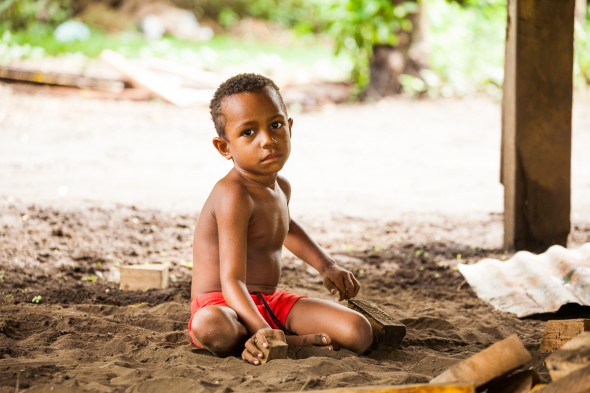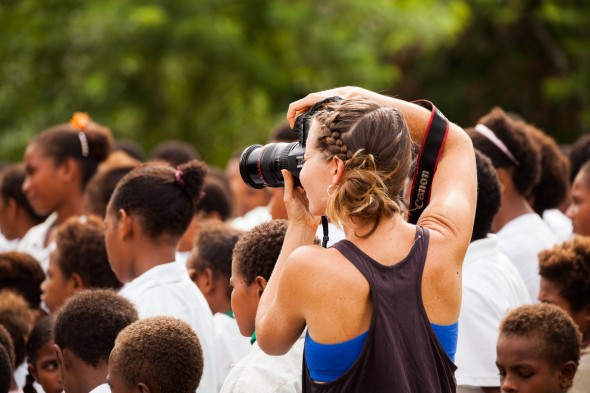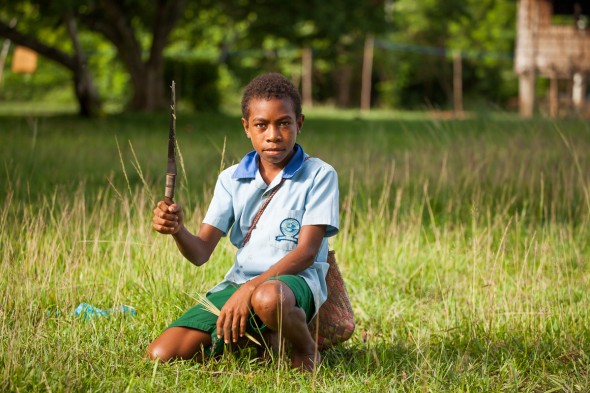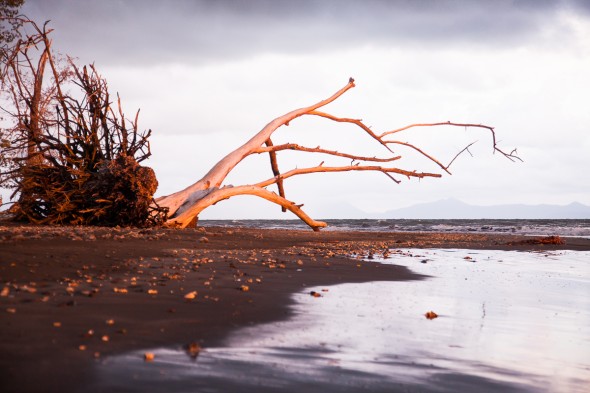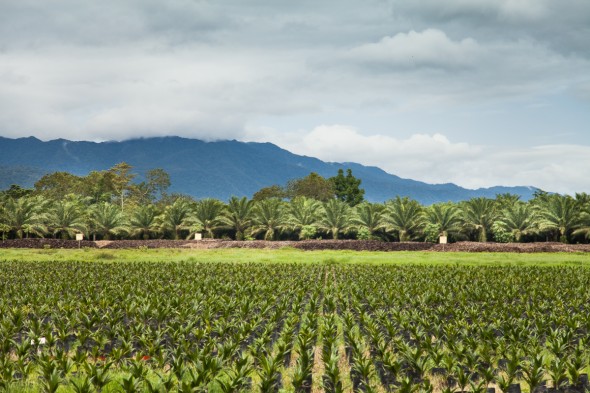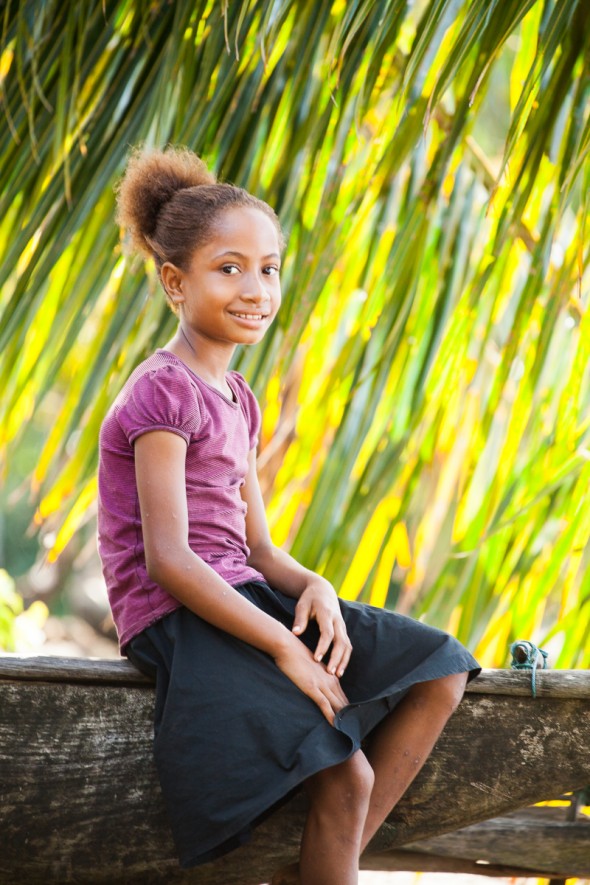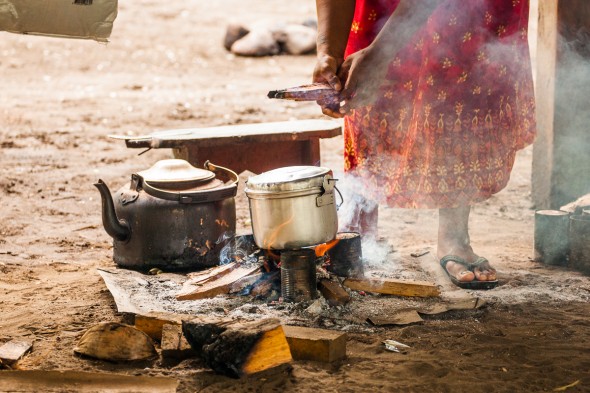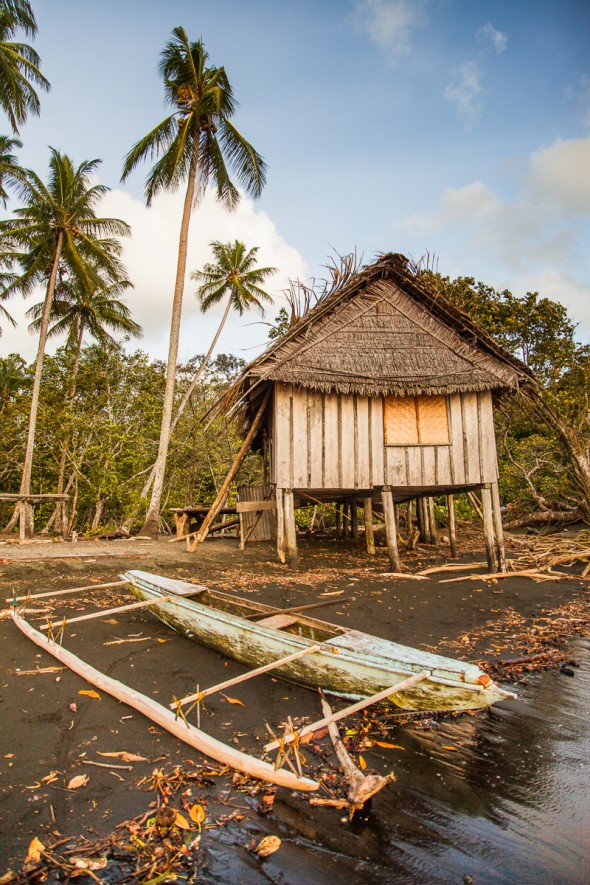Papua New Guinea has been up the top of my Travel Wishlist for years. Despite it being Australia’s closest neighbour (only 170km from Queensland), it isn’t a very popular travel destination – hence the appeal.
A few years ago when I learned about PNGs rugged beauty, rich indigenous cultures and distinct lack of tourism, I started looking into how I could get there. Simply travelling or being a tourist is never enough for me – I always look for a way to add another dimension to any journey, and I love my profession so much that turning a travel opportunity into a Photo Trip is usually my first preference.
I pasted photos of PNG onto my “Dream Board” – the digital pinboard where I gather inspirational images surrounding my dreams and goals. While I was busy making other dreams come true (making a sea change, getting married and building my strawbale cottage with my husband), plans for Papua New Guinea fell into place on their own.
I was ecstatic when I received an email from Cool Earth, asking if I’d be available for a photo shoot in PNG. Cool Earth is a UK based NGO (Non Government Organisation) that I worked with in Peru in 2012. Doing so was one of the most memorable and out of this world experiences of my 3 years in Latin America. (You can watch a video about my Peru experience by clicking here.) They recently began a project in Papua, and needed photos.
Before I knew it, I was on a plane with James (my amazing photography assistant / husband) heading for Port Morseby. We flew straight from the capital to the more isolated town of Alotau in Milne Bay, where the journey really began.
The Cool Earth crew were delayed in London for 24 hours, after plane issues left them on the runway at Gatwick Airport. So James and I arrived in Alotau not really knowing what to do, resigning to our default state of simply going with the flow. After an evening at a waterside hotel to help us settle into the hot and heavy climate, two land cruiser troupe carriers turned up and a local man with bright red teeth told us that we were to go with him.
We piled into the back of the hot wagon with our luggage, then 8 men piled in after us, leaving not a millimetre of space between passengers. I opened the small window behind me to let some daylight and fresh air in. The rear doors were slammed behind us and we were on our way. After a few random, unexplained stops along the road, we hit the highway.
For kilometre after kilometre, palm oil plantations lined the road. The trees themselves are beautiful but I knew that the story behind them is not so pretty. They signify deforestation, and I was only just beginning to see the massive scale of the destruction on this island nation, one of the most biodiverse and environmental significant regions of the world. As we drove there would be a brief break from the monotony of the monoculture, where rainforest remained. I saw what the landscape used to be like, then palm oil plantations dominated the landscape once again.
This was one of the reasons we were there. Cool Earth works with indigenous communities around the world to save rainforest on the brink of destruction. Word had arrived to CE that the villagers in Gadaisu were on the edge of the palm oil plantations and had been contacted by companies wanting to move in and extend the plantations, meaning they would clear their rainforest to profit. The village people wanted to save their environment but, like many indigenous communities in PNG and around the world, lack of income left many somewhat desperate for essentials like food, water, healthcare and education.
Cool Earth was arriving to set up a village council, talk to people about their needs and hopes, and begin a partnership. My job was to document the happenings in photos, capture images of the people, their village and their lives within it. It is the kind of brief that I love the most…. to photograph people in their environment, capturing the essence of their daily life and culture. Being an NGO Photographer in places like PNG is one of the most rewarding parts of my profession, as I get to see positive developments happen before my eyes, while being surrounded by people who are passionate, caring and driven by a desire to make the world a better place (in this case, for the local Milne Bay people, the environment and the endangered fawna).
It had rained all night. There were three rivers to cross before arriving in the village. The first river bed which had been dry the previous morning was now a gushing river. I was visibly anxious as two men left our car to go and see if we could pass the river in the landcruisers. I was sure they would say it was okay (so far every issue I’d encounter in PNG was met with the reply – “Don’t worry, everything is okay”, finished off with a big, red, betel nut smile). Much to my relief the men decided that it wasn’t okay. We turned off the road and were driven to a beach where we waited and waited, as the sun went down, for a speedboat or dingy, to collect us.
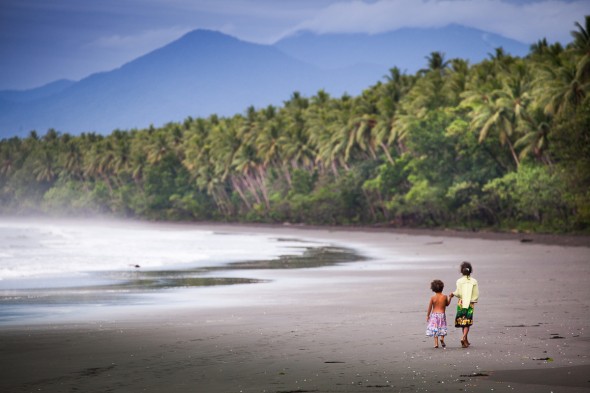
The journey across the water was hectic. I cradled my laptop bag and James clung to the camera bag. I thanked the gods for inventing waterproof bags, because by the time we arrived at the village I was dripping wet from head to toe in salt water. Thankfully all the equipment was completely dry.
Men, women and children stood on the beach, awaiting our arrival. As the supplies were unloaded from the dingy and placed on the sand, the older men began ordering children to carry things up to the huts. I was blown away by what the children were capable of carrying, without any show of strain. Even the small children were carrying large sacks of rice and slabs of drinking water.
There is no electricity or running water in the village. Housing is very basic and malaria is a big problem. I was comfortable with all of this, I’m accustomed to this sort of environment. I was more concerned about things I’d read and heard about PNG – like our safety, especially my safety as a woman. We were in the middle of nowhere with no connection to the outside world. We knew nobody. I wouldn’t even have known how to get out of there if the need arose.
To be continued…



